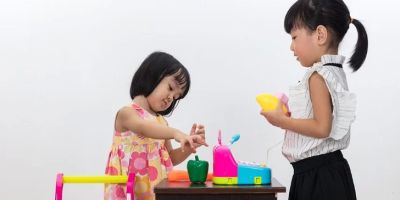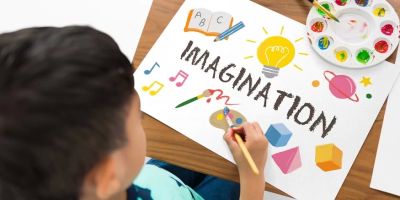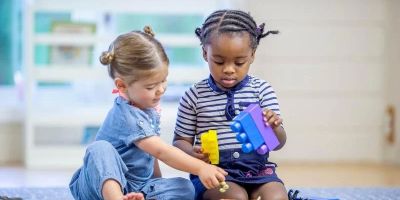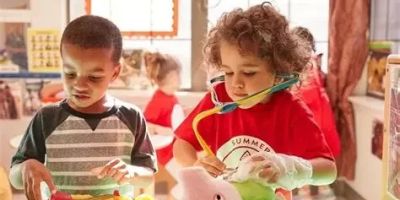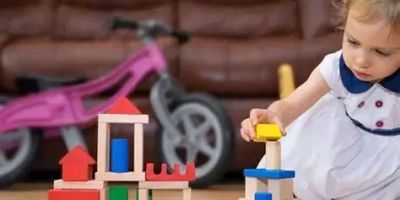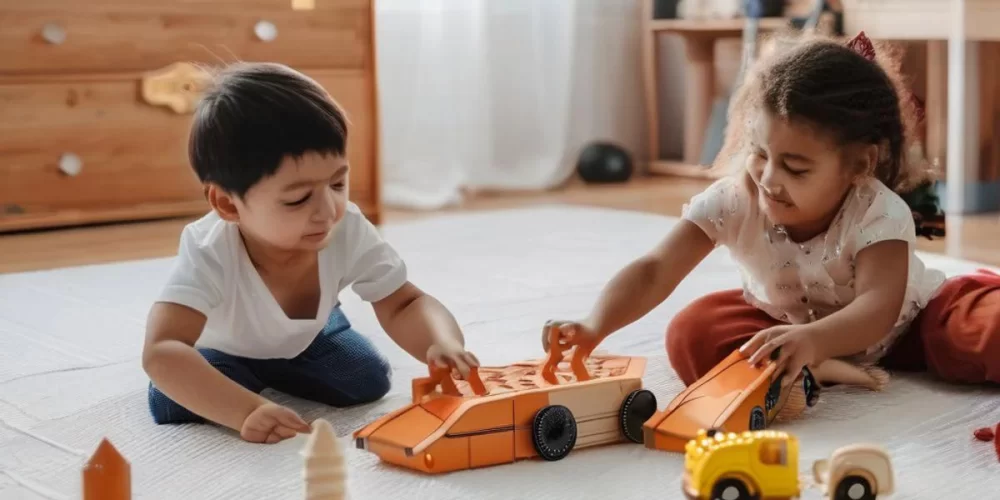
1. Importance of Social Skills in Child Development
Social skills are foundational for children's success in school, friendships, and later life. They encompass abilities such as communication, cooperation, sharing, empathy, and conflict resolution. Developing these skills early helps kids navigate social environments confidently and build meaningful relationships.
Parents and educators play a critical role in fostering social growth by creating opportunities for children to practice these skills in supportive settings.
1.1 Early Social Interaction and Lifelong Benefits
Children who develop strong social skills tend to perform better academically and exhibit higher emotional intelligence. These skills also contribute to mental health and overall well-being throughout life.
2. Role of Toys in Building Social Skills in Kids
Toys serve as powerful tools that naturally engage children in social interactions. They provide shared goals and structured play scenarios that encourage teamwork, negotiation, and turn-taking.
When used thoughtfully, toys can spark conversations, imagination, and collaboration, turning playtime into valuable learning experiences.
2.1 Toys as Social Catalysts
Interactive toys promote peer engagement, while role-play toys help children understand perspectives and practice empathy.
3. Strategies for Using Toys to Encourage Social Skills in Kids
To maximize the social benefits of toys, parents and caregivers can implement intentional strategies that guide children’s interactions.
3.1 Facilitate Group Play
Encourage children to play together using cooperative toys, such as building blocks or board games, that require communication and teamwork.
3.2 Model Positive Behavior
Adults can demonstrate sharing, turn-taking, and polite conversation during play, providing children with clear examples to emulate.
3.3 Use Open-Ended Toys
Toys without fixed outcomes, like art supplies or puppets, stimulate creativity and dialogue, fostering more complex social exchanges.
4. Examples of Effective Toys for Social Development
Choosing the right toys is essential for encouraging social skills. Here are some types proven to support social learning:
4.1 Cooperative Board Games
Games that require players to work together, communicate strategies, and share turns build collaboration and patience.
4.2 Role-Playing Sets
Costumes and pretend-play kits allow kids to explore social roles and practice empathy through storytelling.
4.3 Construction and Building Sets
Building toys encourage group problem-solving and negotiation as children plan and create together.
5. Real-Life Case Study on Social Skills Improvement Using Toys
Emma, a shy 5-year-old, struggled to engage with peers at preschool. Her parents introduced cooperative board games and role-play toys during family playtime. Gradually, Emma became more comfortable initiating interactions, sharing, and working with others. After several months, her teachers noticed marked improvements in her social confidence and participation.
This case highlights how thoughtfully using toys can transform social experiences for children facing challenges.
6. Recommendations for Selecting and Using Toys to Encourage Social Skills
When selecting toys to promote social skills, consider age-appropriateness, ease of sharing, and potential for group engagement. Our Knight Toys collection offers a wide variety of thoughtfully designed toys that foster social development through fun, interactive play.
Encouraging regular play sessions with friends or family, combined with supportive guidance, will help children build meaningful social skills that last a lifetime.

